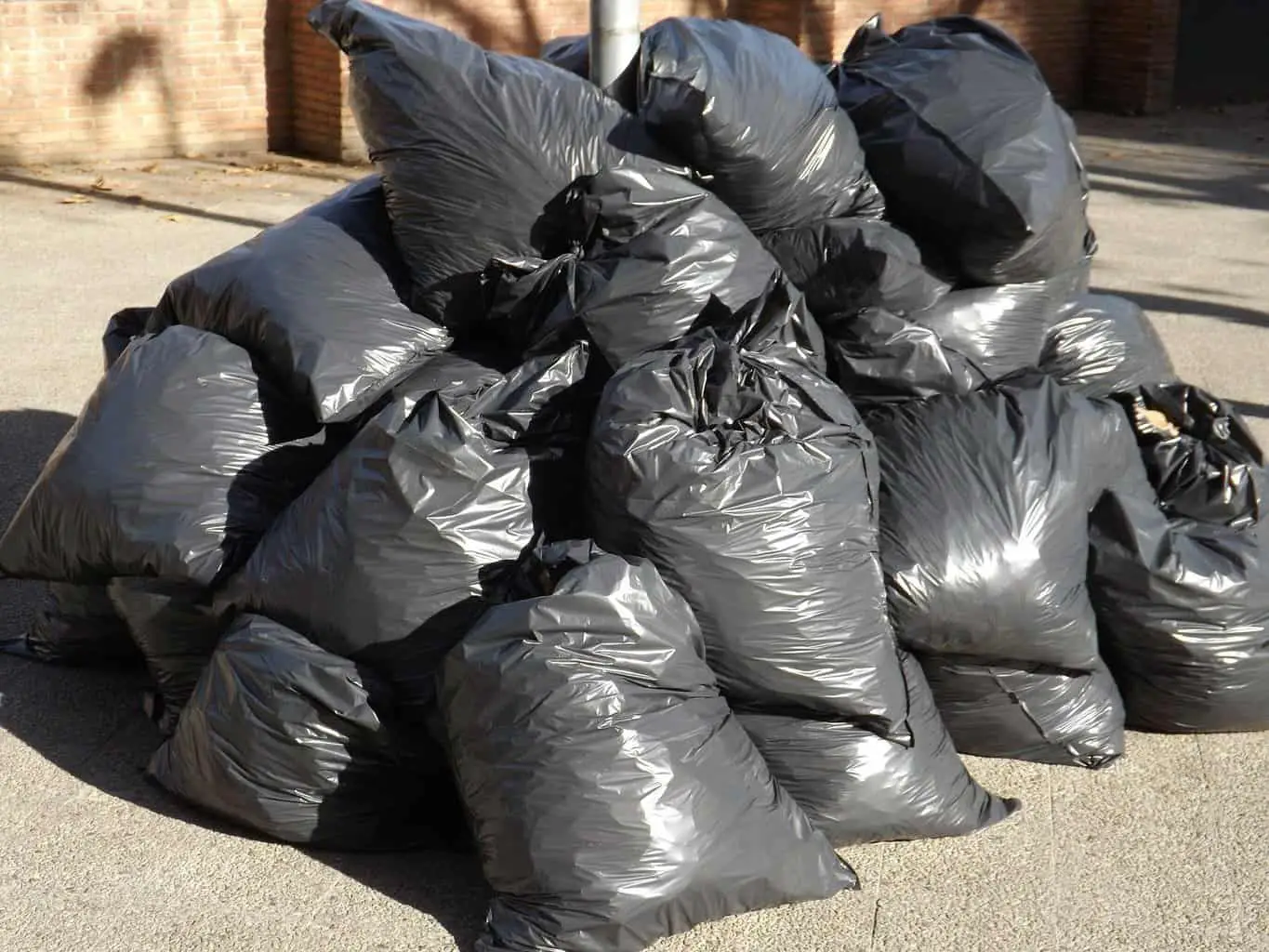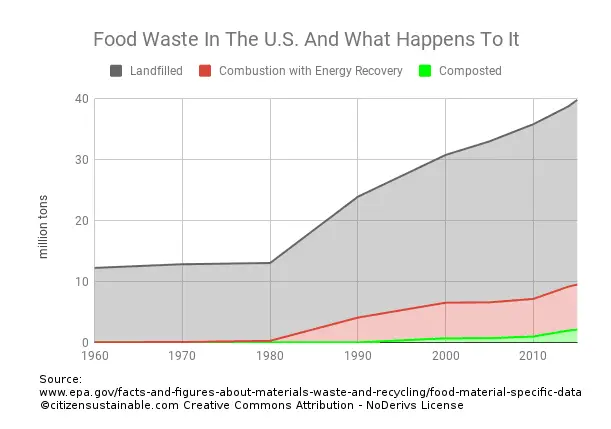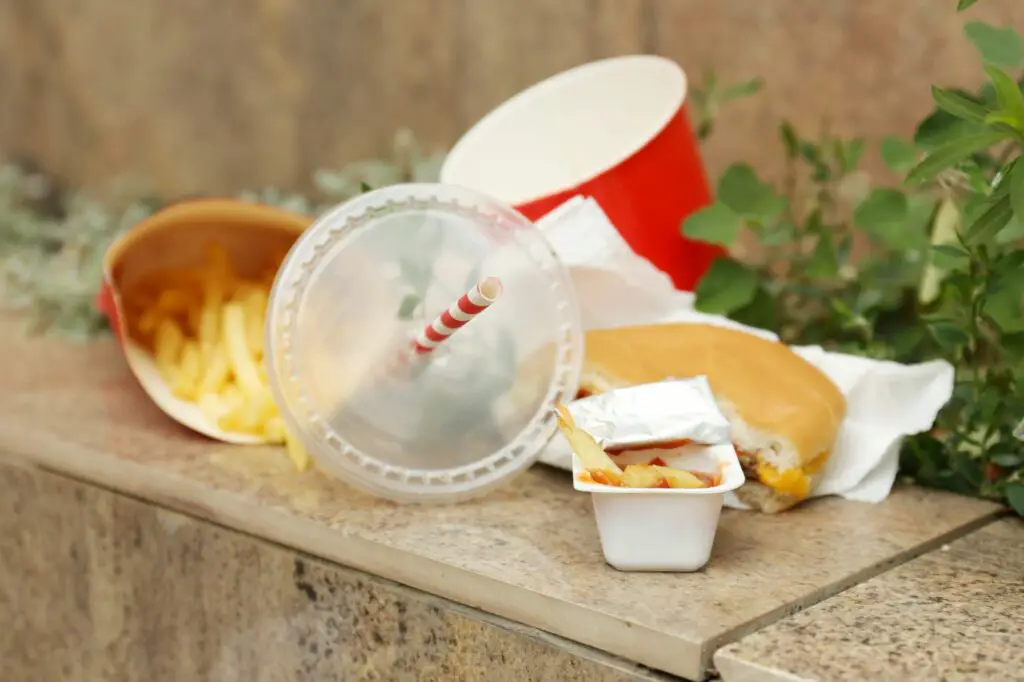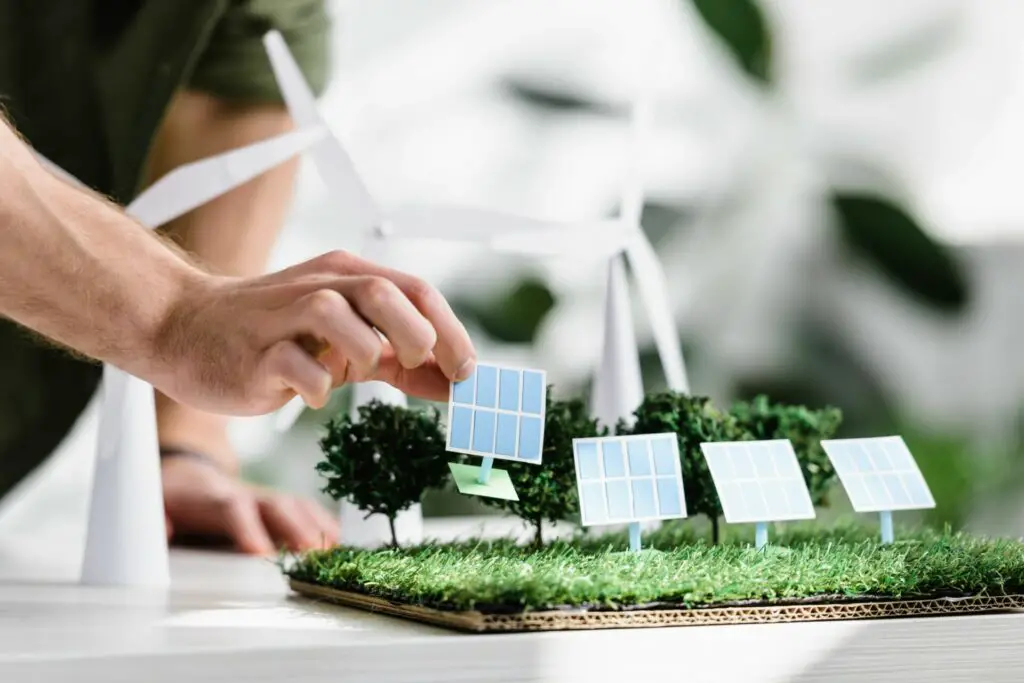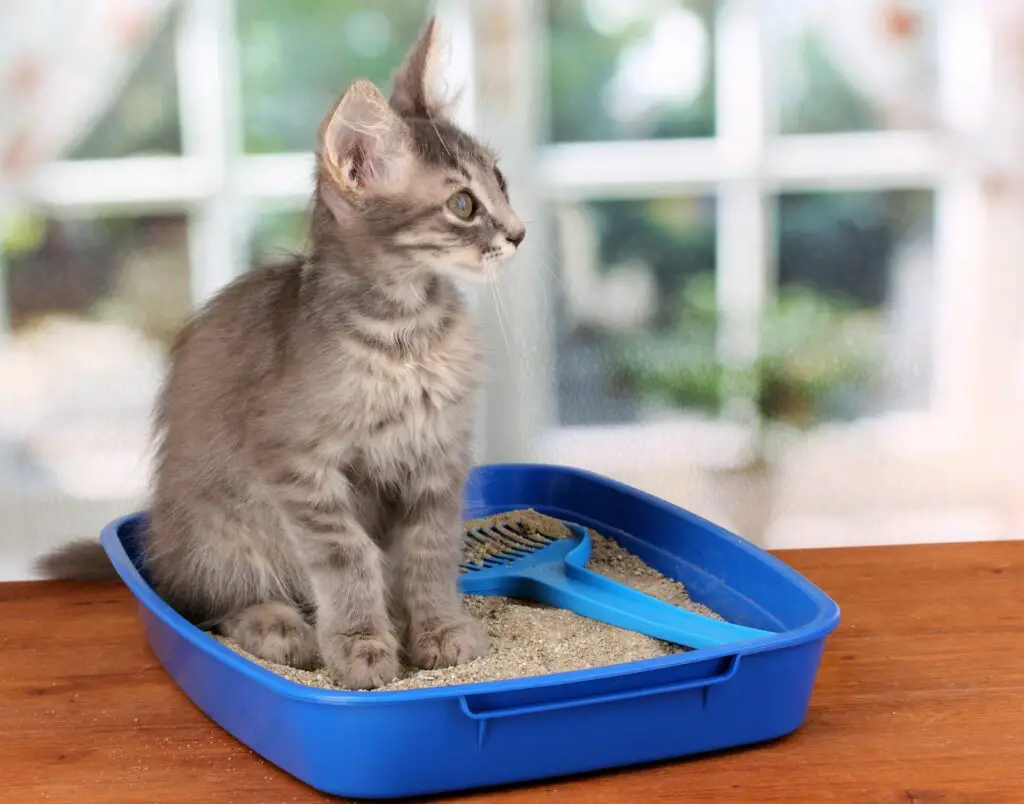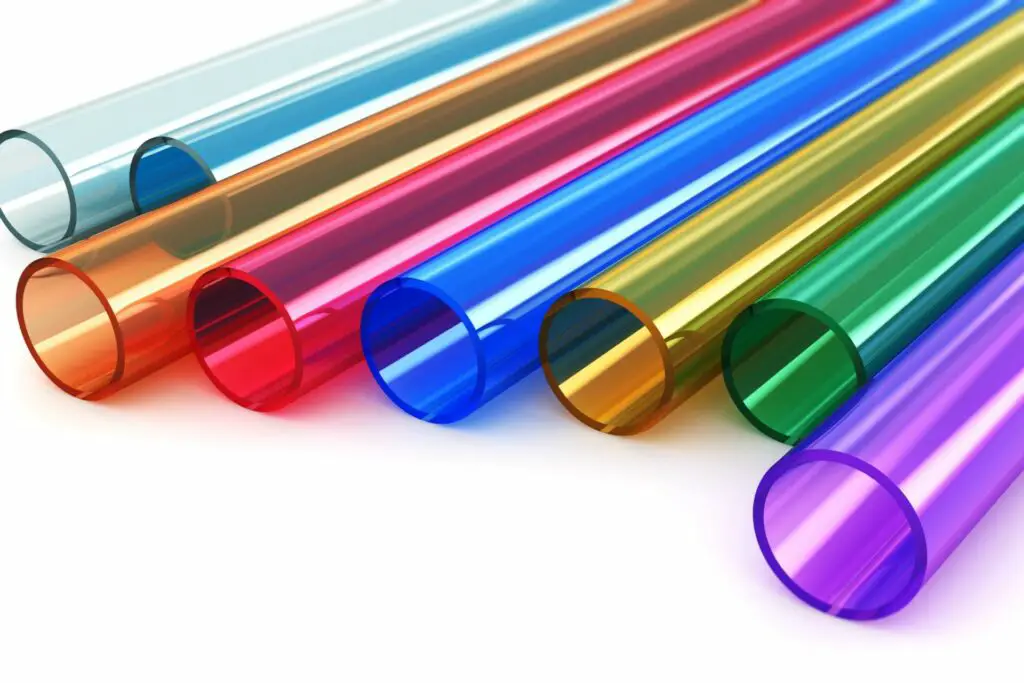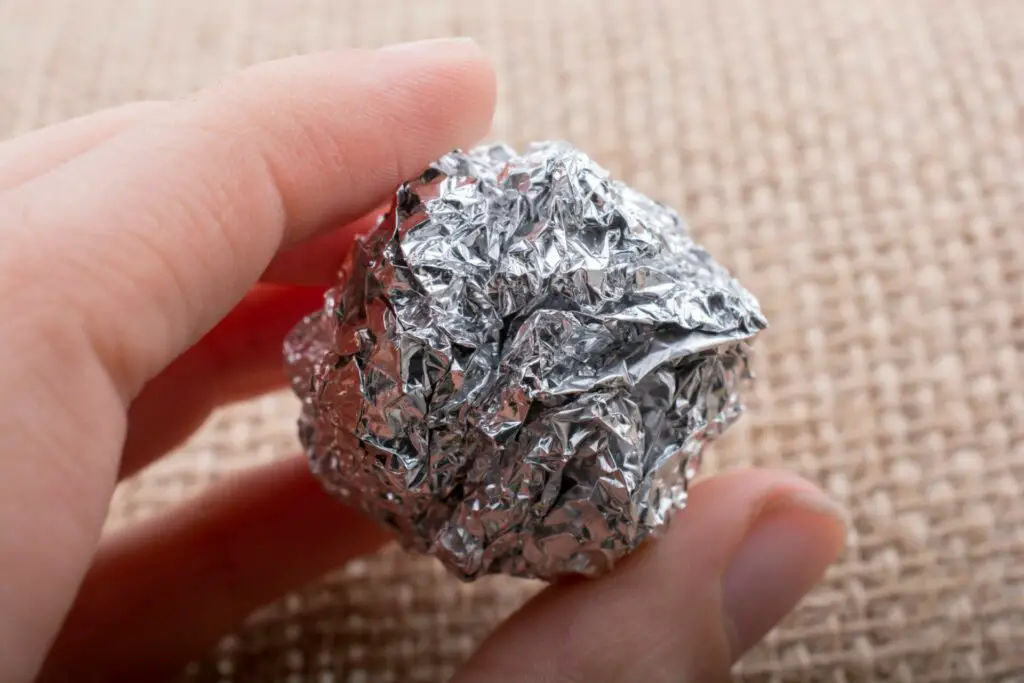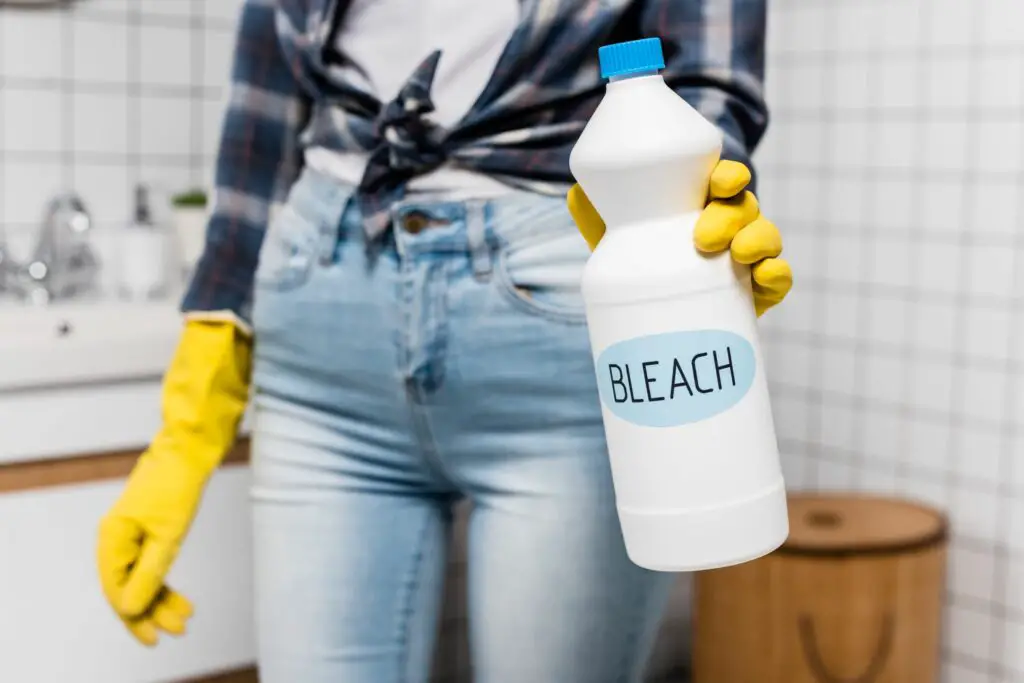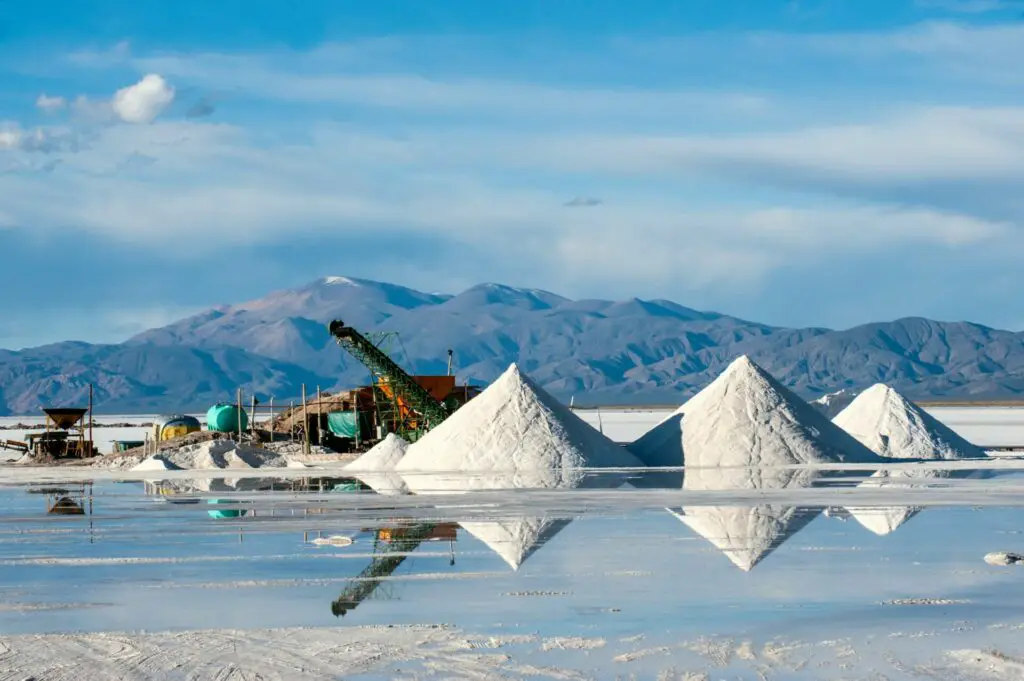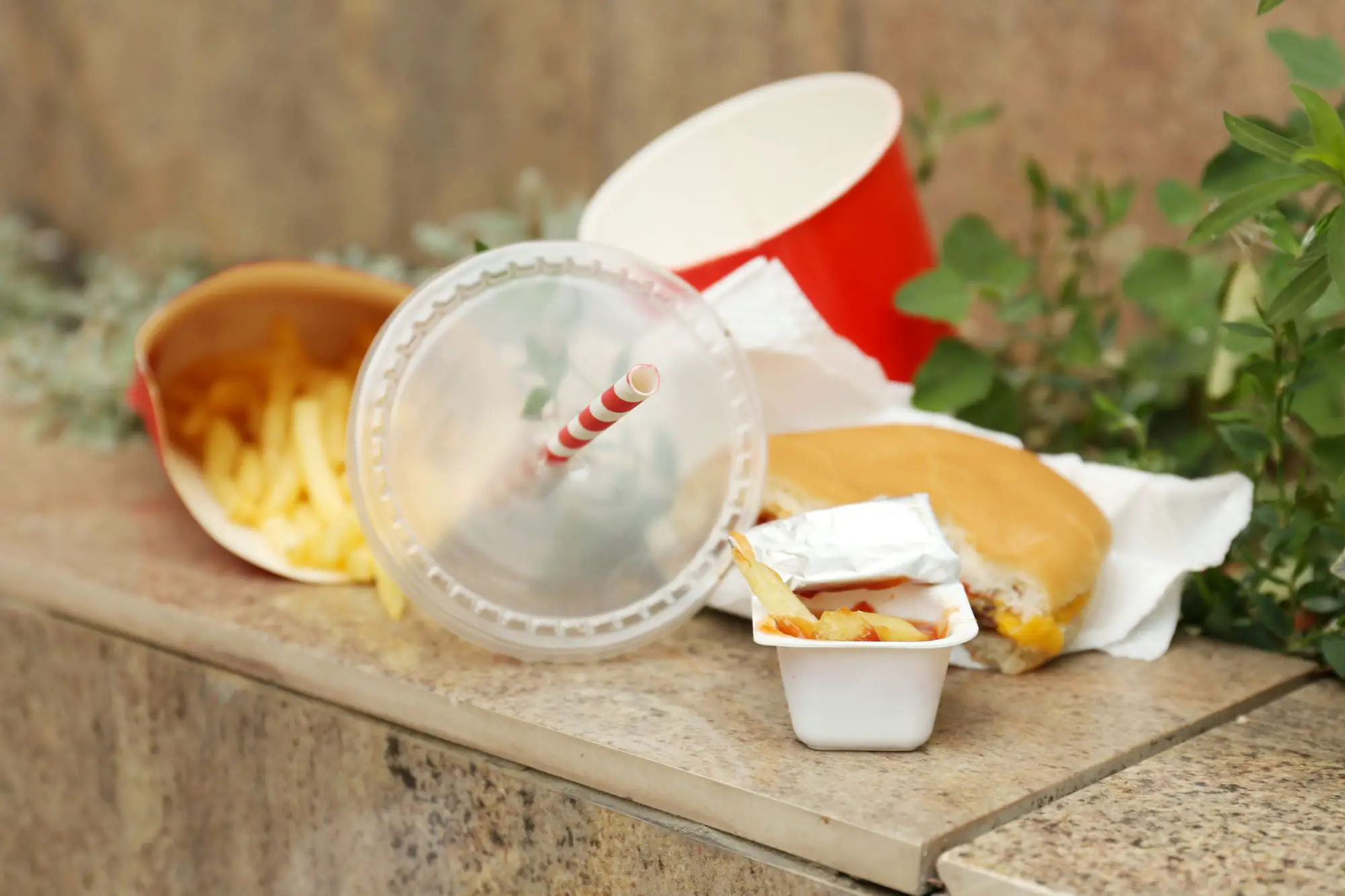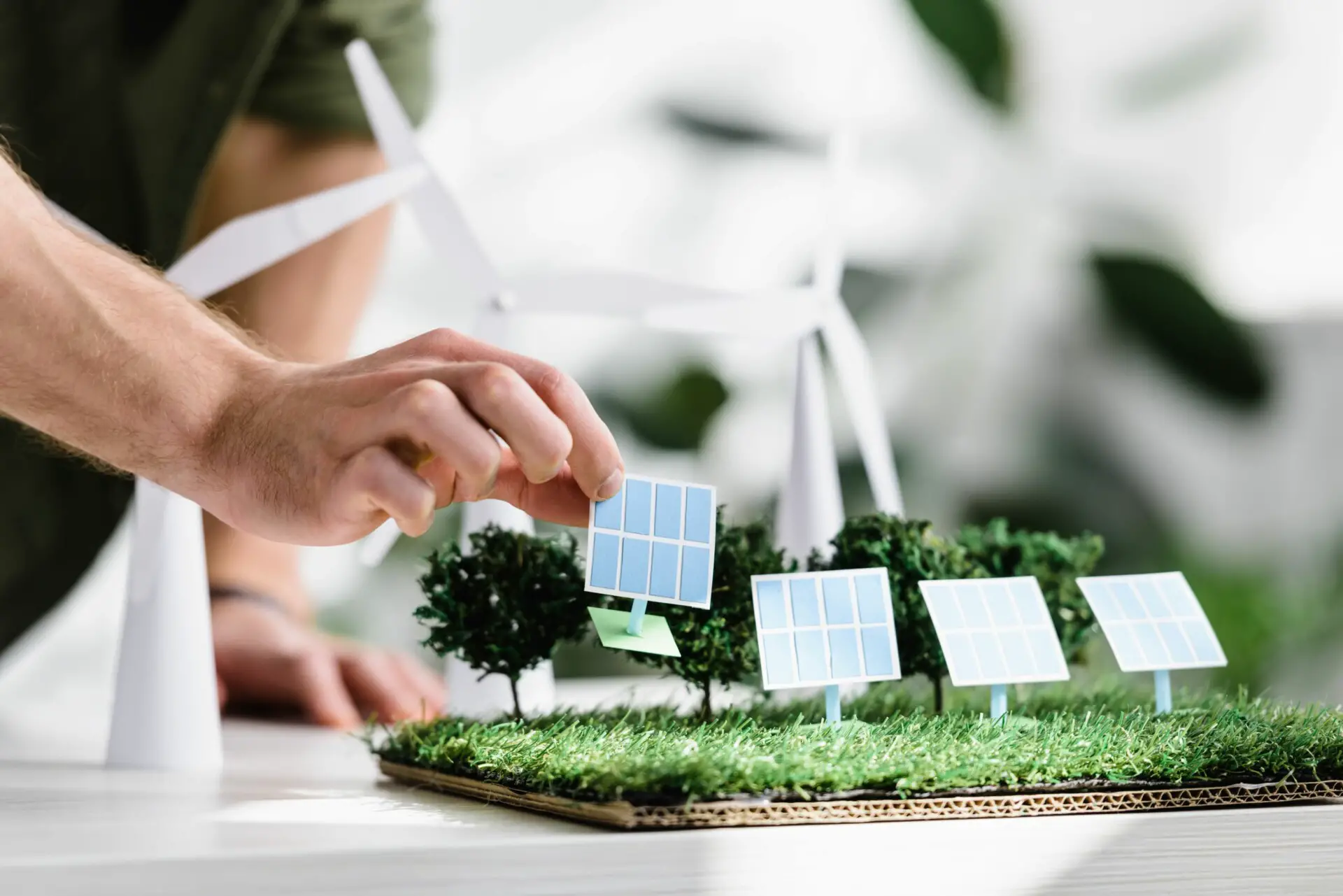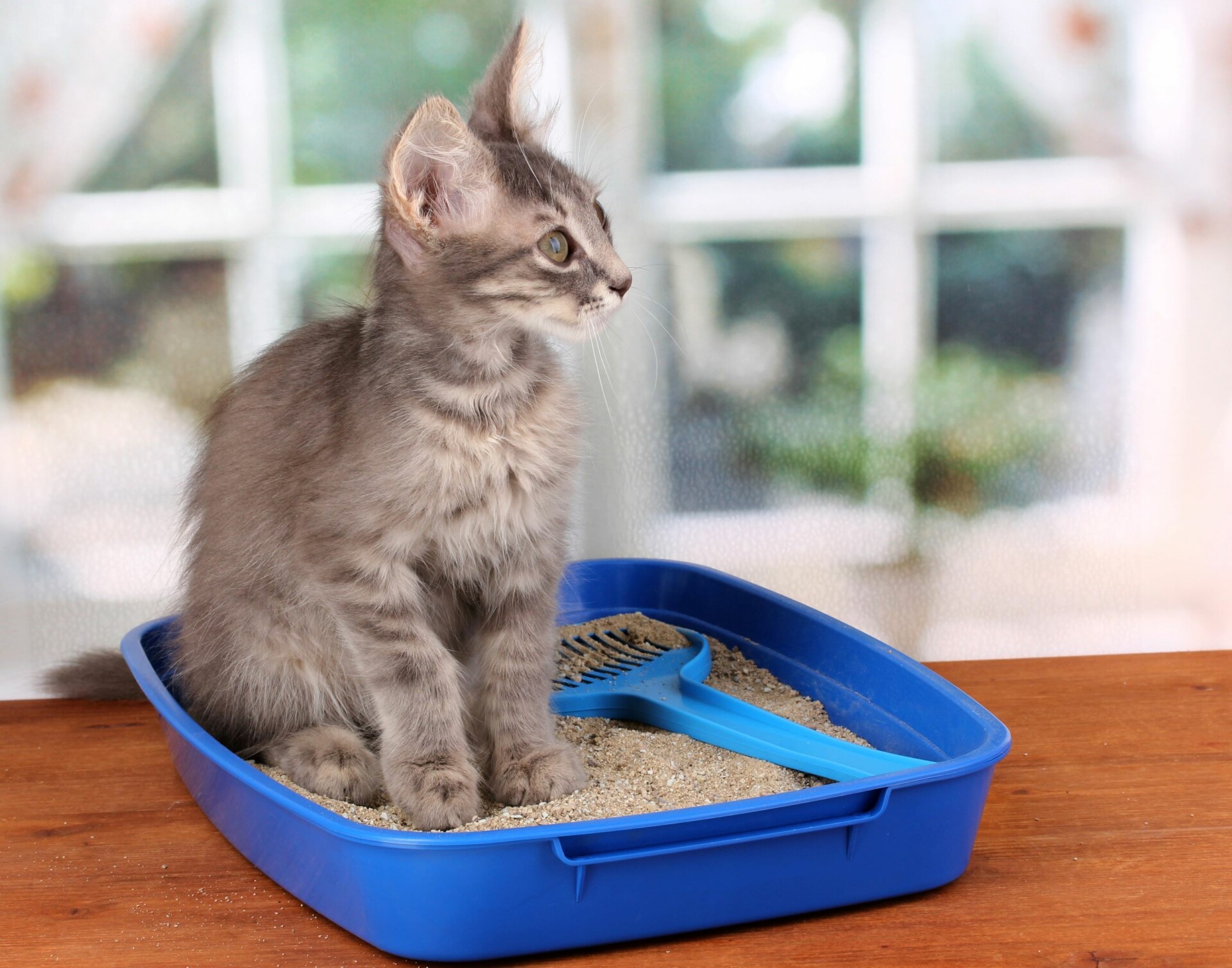How do you dispose of your organic trash?
You might have asked yourself whether it really makes sense to use plastic bags to throw out organic waste.
Or you may even have really good intentions and diligently reuse those plastic bags from the grocery store as garbage bags (or rubbish bin bags, as they are commonly called in British English).
While this would certainly be a commendable effort to reduce plastic pollution, there are actually quite dramatic consequences that most people are simply not aware of.
In this article, you’ll see the real environmental impact of using plastic bags instead of compostable ones for organic waste.
We’ll also show you great alternatives, so that you can choose between the best compostable garbage bags, knowing they won’t have any nasty environmental ramifications.
Why should I use compostable garbage bags?
If you dispose of your food waste, kitchen scraps and other organic material in a conventional (i.e. non-compostable) plastic bag, there’s a major problem:
Because this results in a mixture of organic and plastic waste, the whole batch is contaminated and can no longer be processed in composting facilities.
What does this mean?
Well, usually this means that your plastic bag filled with food scraps goes straight to landfill.
In fact, we’ve analyzed data published by the United States Environmental Protection Agency (EPA) and created the following chart to show you visually what’s happening to wasted food:
In 2015 alone, almost 40 million tons of wasted food was generated in the U.S., 76% of which went straight to landfills.
In fact, the EPA estimates that more food reaches landfills than any other single material, making up 22% of all discarded waste.
The Food and Agriculture Organization of the United Nations estimates that one-third of all food produced worldwide is wasted.
And while this huge amount of wasted food is a serious issue in and of itself, there are additional problems arising as a direct result.
The problem with organic waste in landfill environments
Now, you might think: “so what, it’s not that big a deal”. After all, aside from that plastic bag, it’s only food waste or yard trimmings that won’t harm the environment.
Well, as it turns out, it’s not that simple.
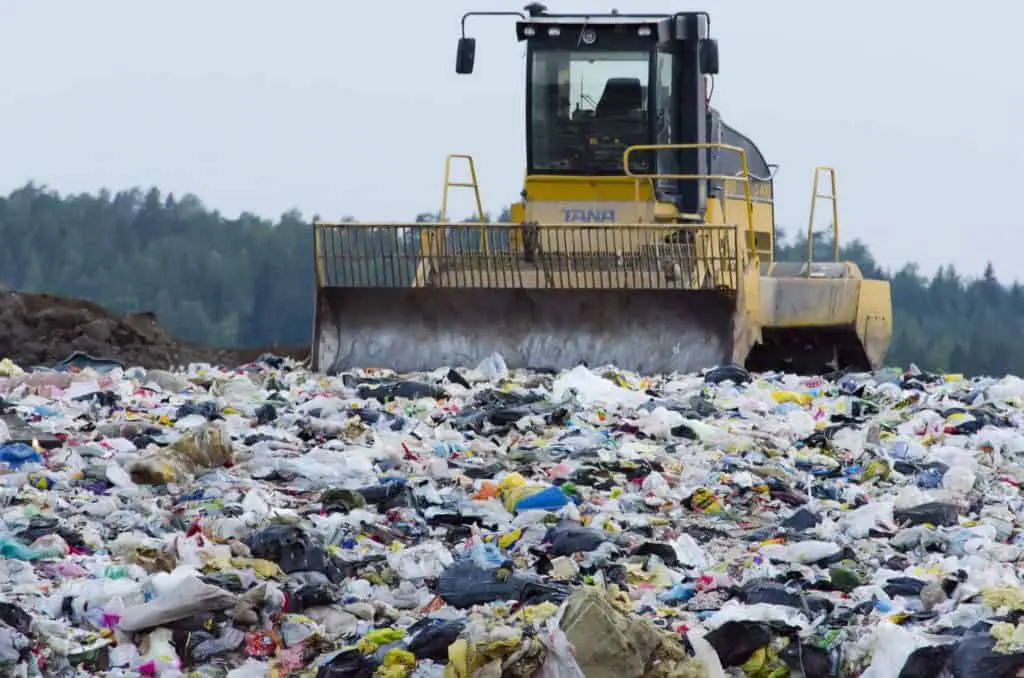
While it is true that food waste is indeed biodegradable and even compostable, it does need the proper environmental conditions – mainly heat, oxygen, and humidity.
All of these conditions are constantly controlled and managed in composting plants.
A landfill environment, on the other hand, doesn’t provide those necessary conditions.
The most problematic factor is the lack of sufficient oxygen for the microorganisms to do their job (being buried and compacted under a mountain of other waste).
This, in turn, means that the biodegradation does still happen, but it will be an anaerobic process (without oxygen).
Why is this bad?
Methane gas – a much more potent greenhouse gas than CO2
Whenever microorganisms decompose organic matter without oxygen, methane gas is released.
As published by the EPA, the greenhouse impact of methane is about 25 times greater than CO2.
In other words, every time you throw your organic waste into a plastic instead of a compostable bag, you contribute significantly more to global warming and all its resulting problems.
That’s probably not something you had in mind when you decided to use a regular plastic bag as your garbage recipient.
Landfills are a major source of methane emissions
But there’s another thing most people are unaware of: following the rather well-known “suspects” (the petroleum and gas industry and agriculture), landfills are actually the 3rd biggest source of methane emissions in the U.S.:
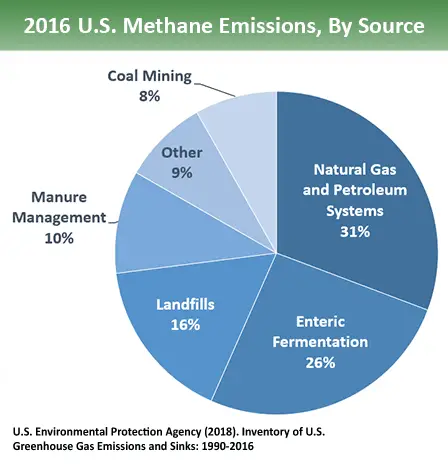
The benefits of composting
It’s not just the release of huge amounts of methane as a result of food and yard scraps ending up in landfills.
There’s also the lost benefit of turning this organic matter into valuable soil, instead of letting it rot unused in landfills and contribute to global warming.
If diverted from landfill and instead converted into soil in a composting facility, we could not only prevent the methane output but additionally produce precious soil:
- Composting returns valuable nutrients to the soil and thus improves soil health and structure
- Healthy, nutrient-rich soil reduces the need for fertilizers and pesticides
- Improves water retention and fosters the growth of native plants
Choosing the right brand of garbage can bags
So now that you know how important it is to use a compostable trash bag, the next logical step is to choose the right product.
But since there are so many brands out there, it is essential to know what to look for to avoid buying the wrong type of bag.
First and foremost, don’t fall for dazzling marketing or advertising. You will notice that almost all companies tout their bags as “100% degradable”, “certified compostable”, “biodegradable”, “plant-based” and similar terms. Don’t be fooled by that!
Ignore all of that and look for only 2 things instead:
1. Is the product actually certified compostable?
Just saying “certified compostable” on the packaging doesn’t cut it. Instead, look for a legitimate certificate.
Only this guarantees that the product has been tested according to internationally recognized certification programs by approved and accredited laboratories.
Since there is not only one institute in the world that issues these certificates, look for at least one of the following:
Biodegradable Products Institute (BPI) certificate
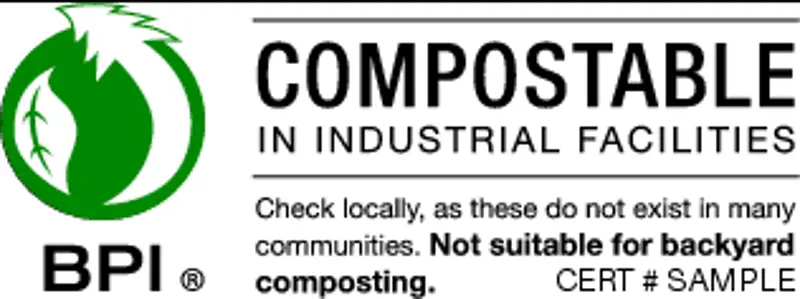
The BPI is a non-profit organization with the largest certification program for compostable products in North America. The basis for their certification process is the ASTM 6400.
You can easily search for certified companies or products (or simply double-check whether a product you are considering has actually been certified) on their website.
DIN-Geprueft & Seedling certificate
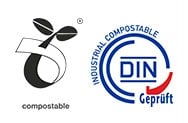
As the certification organization of the renowned German TÜV Rheinland, DIN CERTCO issues the “compostable” certificates according to the European standard EN 13432 (similar to the American ASTM 6400).
They actually issue 2 certificates based on that EU standard, one is the “seedling” and the other the “DIN geprueft” certificate.
Aside from that, they also issue a compostable certificate based on the Australasian Bioplastics Association (ABA), which looks exactly like the seedling.
TÜV-Austria OK-compost certificate
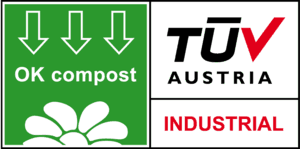
Issued by the Austrian TÜV (formerly Vincotte), the “OK compost” certificate comes in 2 versions: one is “industrial” and the other “home”.
While the former certifies the compostability under the conditions of an industrial composting plant, the latter means a product is even compostable if you throw it in your backyard compost.
Additionally, they also issue the “seedling”, just like the German DIN CERTCO does. Likewise, all of the certificates are equally based on the European standard EN 13432.
2. Does the product itself come without any unnecessary packaging?
Ok, now that you know exactly what to look for in terms of certificates, there is just one more thing you should watch out for.
Buying a certified compostable trash bag as a substitute for conventional plastic garbage bags is a whole lot less eco-friendly when that compostable trash bag itself comes in non-compostable packaging.
Therefore, make sure the product you decide on doesn’t come in any sort of conventional plastic packaging. Recycled paper or cardboard boxes are a great option.
The best compostable trash bags
To give you some guidance and inspiration, here are our top picks of really good brands that fulfill all of the criteria mentioned above and thus make for excellent choices.
UNNI Compostable Bags
Carrying 3 of the aforementioned certifications, these compostable waste bags from UNNI are a very good choice.
Since this product has passed the “OK compost HOME” certification, it means that it is very easily biodegradable, not only under industrial but even under moderate conditions found in private composts in many backyards.
Keep in mind, though, that just because this bag will decompose in your own compost, not necessarily all kitchen scraps and food waste belong in your compost pile at home.
Given their tendency to biodegrade fairly easily, make sure to buy only what you will use within about 9 months and store them in a dry and cool place.
Green Earth Compostable Bags
Also certified by North American and European Standards, these bags from Green Earth have proven their compostability. Not only under industrial composting conditions, but even in your home compost.
They also come in a plastic-free packaging, which avoids unnecessary waste.
Similar to the advice for UNNI, make sure to only buy what you will use in about 1 year and keep the bags away from heat and moisture.
Conclusion
Using a compostable garbage bag is the best way to ensure your organic waste doesn’t end up in landfills (or incineration plants) because you don’t contaminate it with plastic.
Instead, wrapped up in a compostable bag, your kitchen scraps, food waste, yard trimmings, etc. can go to a composting facility and be turned into valuable soil.
This not only prevents the emission of the highly potent greenhouse gas methane as a result of rotting in landfills. The creation of valuable soil through composting also reduces the need for fertilizers and pesticides, which is an additional environmental benefit not to be underestimated.
Opting for a compostable trash bag is a small change in our lives, but has a big impact on our eco-system.
You Might Also Like…
- Is Fast Food Bad for the Environment? (& What You Can Do)
- Is Fabric Softener Bad for the Environment? (+5 Eco-Friendly Options)
- Is Fuel Dumping Bad for the Environment? (& How Often It Happens)
- Is Electricity Generation Bad for the Environment? (What You Should Know)
- Is Dry Cleaning Bad for the Environment? (4 Surprising Facts)
- Is Diamond Mining Bad for the Environment? (Important Facts)
- Is DEET Bad for the Environment? 4 Effects (You Should Know)
- Is Cat Litter Bad for the Environment? (5 Common Questions)
- Is Burning Cardboard Bad for the Environment? (6 Facts)
- Is Burning Paper Bad for the Environment? (6 Surprising Facts)
- Is Burning Leaves Bad for the Environment? (7 Quick Facts)
- 4 Natural Cleaners for Quartz Countertops
- 6 Eco-Friendly Acrylic Paint Brands (For Sustainable Artists)
- 5 Eco-friendly Alternatives to Acrylic Paint (& How to Make Them)
- Is Acrylic Paint Bad for the Environment? (7 Quick Facts)
- Is Acrylic Yarn Bad for the Environment? 8 Crucial Facts
- Is Acrylic Bad for the Environment? (8 Quick Facts)
- Is Aluminum Foil Bad for the Environment? 7 Quick Facts
- Is Bleach Bad for the Environment? 6 Crucial Facts
- Is Lithium Mining Bad for the Environment? 6 Crucial Facts

